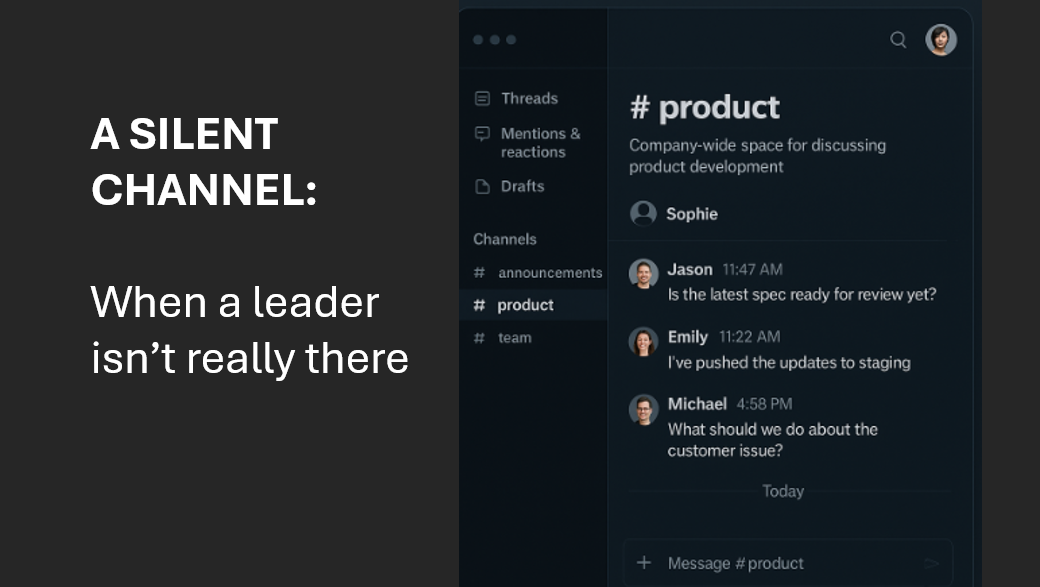If the last two years have taught businesses anything, it is that everyone in an organisation experiences change: sometimes radical; usually complex; typically ever-present. To meet head on, the kind of change we have seen recently and succeed in adapting to it, people across the organisation were required to transform, so the business could continue to function in the short term and go on to thrive in the future.
Recent times forced frequent changes on people that they had to adapt to, whether they were ready or willing to, or not. The pandemic forced the genuine sense of urgency, identified by Professor John Kotter as such an important ingredient for successful organisational change. And it was the ‘forced’ element of that change which is significant. If people had been asked about making the changes to their work, which are now commonplace for many, there would have been resistance and like so many business transformations beforehand, energy would have waned, transformation targets would have been missed.
The difference between our response to the pandemic and more ‘normal’ organisational change is that the former was imposed, the stakes for all, were incredibly high and responding strategically, after lots of planning meetings, was not an option. Survival – human and organisational – was at stake. Urgent, industrial-scale change was required to the way hundreds, probably thousands, of transactional activities were completed.
Thankfully, we do not have to respond to such seismic change very often. More regular organisational change is often voluntary and rarely life-threatening. And therein lies one of its challenges. We often opt for change when we have become personally aware of some benefit we might gain. Organisations can see opportunities in change and ways to avoid the spectre of a long demise. So radical, wholesale change is not required. Yet, change must occur.
Little and often
Through a couple of separate incidents, we have recently been reminded of some good news here at Exigence, which we wanted to share with you: transformation does not need to be the result of one big event, whole company away-day or Damascene moment of clarity. It can occur as the sum of many, many smaller, seemingly mundane, transactional changes that individuals, teams and as a result the whole organisation, experiences.
Two short, real examples follow to demonstrate the point:
Eating at our own trough
We apply our own advice and products to ourselves here, partly so we can test their rigour, mostly so we can look customers in the eye without flinching. As one example of that, we use a Sprint methodology at Exigence, for product and business development. Both areas have advanced significantly over the last 6 months, as a result of consistent two-week experiments, where we try small tweaks and review them fortnightly. The odd thing is most of those experiments on their own did not produce the results we were hoping for, but together they have enabled us to learn a lot and get better at what we do. The sum of them has helped us produce a unique product that supports busy leaders and managers and which our customers tell us they love. The business has also doubled in revenue during the same period.
The odd thing is most of those experiments on their own did not produce the results we were hoping for, but together they have enabled us to learn a lot and get better at what we do.
Real Customer Case Study
Sarah, (not her real name) a manager in a tech company, was struggling with her own levels of confidence, especially when in settings with her peers, such as at the senior team meeting she attended several times a month. She wanted to be more confident so she could:
- improve her presence when with that group
- contribute more to meetings as she often held back
- be seen as a potential successor to her boss.
As a result of 6 regular 20-minute coaching conversations that were focused on clarifying her objectives and building small experiments that Sarah could take between sessions, she reported a much improved sense of confidence about herself as a direct result of firstly, just trying some of the actions she had designed for herself and secondly, as a result of many of those experiments going positively. This transformation didn’t require hours of executive style coaching. Nor did it require any kind of therapeutic help. Sarah transformed into a more fully capable, confident, value adding leader to her organisation as a direct result of successive and successful small scale transactional actions and achievements.
So, if you are working hard to enable organisational, team or individual level transformation, then consider how you can ground that change in real work, and help leaders and managers structure that in a way that enables small scale experiments to be undertaken and regularly reviewed. Rinse and repeat.
Exigence works with organisations to deliver full-stack HR leadership development solutions, from Executive and senior team coaching to Concise Coaching and Team Coaching. If you would like to discuss how we can help you deliver quantifiable impacts for your organisation, we’d love to hear from you – just contact us here.





